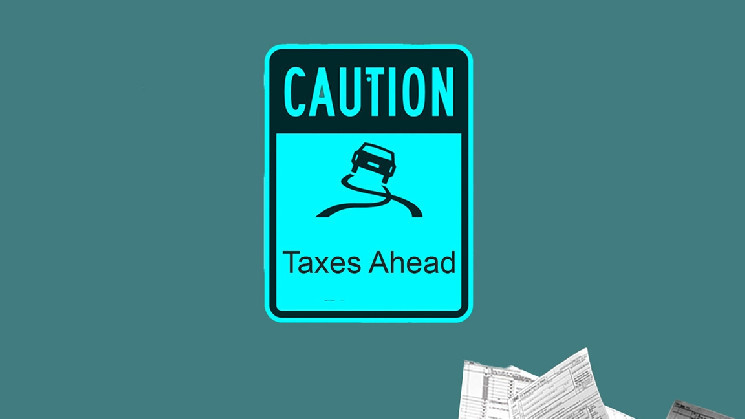Meme coin seasons are known for frenzied market activity, driven by the meteoric rise of viral crypto projects that transform modest investments into fortunes overnight. The world knows dogecoin (DOGE) is the original meme coin, but a gang of newcomers has stormed the 2024 meme season. There’s a puppy wif a hat {{WIF}}, a smirking frog (PEPE), a clumsy sloth {{SLERF}} and more.
Memes are fun, especially when you find six or even seven figures in your portfolio overnight. But with market mania and potential for generational wealth come tax considerations and the potential for astronomical mistakes.
Zac McClure, MBA, is the co-founder and CEO of TokenTax.
SLERF is a prime example of the possible tax pitfalls that lurk during meme mania. At TokenTax, we think about crypto taxes every day and had to weigh in:
While most meme millionaires won’t face such an extreme scenario, there are tax considerations to remember during meme season and after the party stops. It’s important info to bare in mind, as “Tax Day,” individual income tax returns are due to be submitted to the federal government, approaches this April 15.
Trader beware: Know your tax liability for every trade
U.S. taxpayers don’t need to sell crypto for USD to create tax consequences. Crypto-for-crypto trades trigger taxable events, and not knowing or ignoring this can lead to bad outcomes. It’s tempting to invest meme profits into another crypto without parking your future tax bill in stablecoins or cash. If your portfolio then plummets, this can leave you with massive tax debt. Ouch.
Trading crypto for crypto in the U.S. and many other regions is taxable, so it’s possible to “make it” on paper during meme season, then lose it all when the market turns and the tax man expects his cut. Investors should consider their tax obligations with every trade and plan accordingly.
You’ve ‘made it’: Tax season after crypto wealth
Congratulations, you made it trading memes. Let’s talk taxes. The Internal Revenue Service (IRS) considers crypto to be property. Crypto taxes for U.S. taxpayers are the same as short- and long-term capital gains for stocks or regular income tax. Briefly:
Short-term capital gains from crypto held for less than a year are subject to income tax rates ranging from 10%-37%, depending on tax bracket and income.
Long-term capital gains on profits from crypto held for more than a year have a 0%-20% rate.
Crypto received from staking is taxed as ordinary income upon receipt and then again as capital gains on later profits.
For more information, see our guide to crypto tax. Tax consequences will vary for taxpayers from state to state and internationally, and we suggest consulting with a crypto tax professional and your local authorities for guidance.
2 crypto sales strategies for tax efficiency
There are a couple of main ways most taxpayers can optimize their crypto sales to minimize taxes:
Hold long-term: Holding a given crypto for longer than a year typically qualifies you for long-term capital gains rates, which are generally lower.
Tax-loss harvest: This strategy involves selling assets at a loss during market dips or at the end of the year to offset capital gains and potentially lower your tax liability. U.S. taxpayers can sell unlimited crypto at a loss. If capital losses exceed gains, you may be able to deduct up to $3,000 per year to offset ordinary income. Remaining losses can be carried forward to offset capital gains or income in the future.
Watch out for wash sales
A wash sale occurs when someone sells a crypto or security for a loss and quickly rebuys the same or similar crypto or security to receive tax benefits. The wash sale rule prohibits selling securities at a loss and reacquiring them within 30 days to prevent taxpayers from making “artificial” losses to lower tax liability.
While the IRS hasn’t yet applied the wash sale rule to cryptocurrencies, proposals have aimed to extend it to digital assets. Investors should exercise caution and consult with crypto tax professionals before engaging in activities that could be considered wash sales.
After meme season? Tax season…
The sobering reality of tax planning naturally follows the euphoria of meme season. Accurate record-keeping is essential. Understand how crypto taxes work, and you’ll ensure the dream of an epic meme season doesn’t become a tax nightmare.

